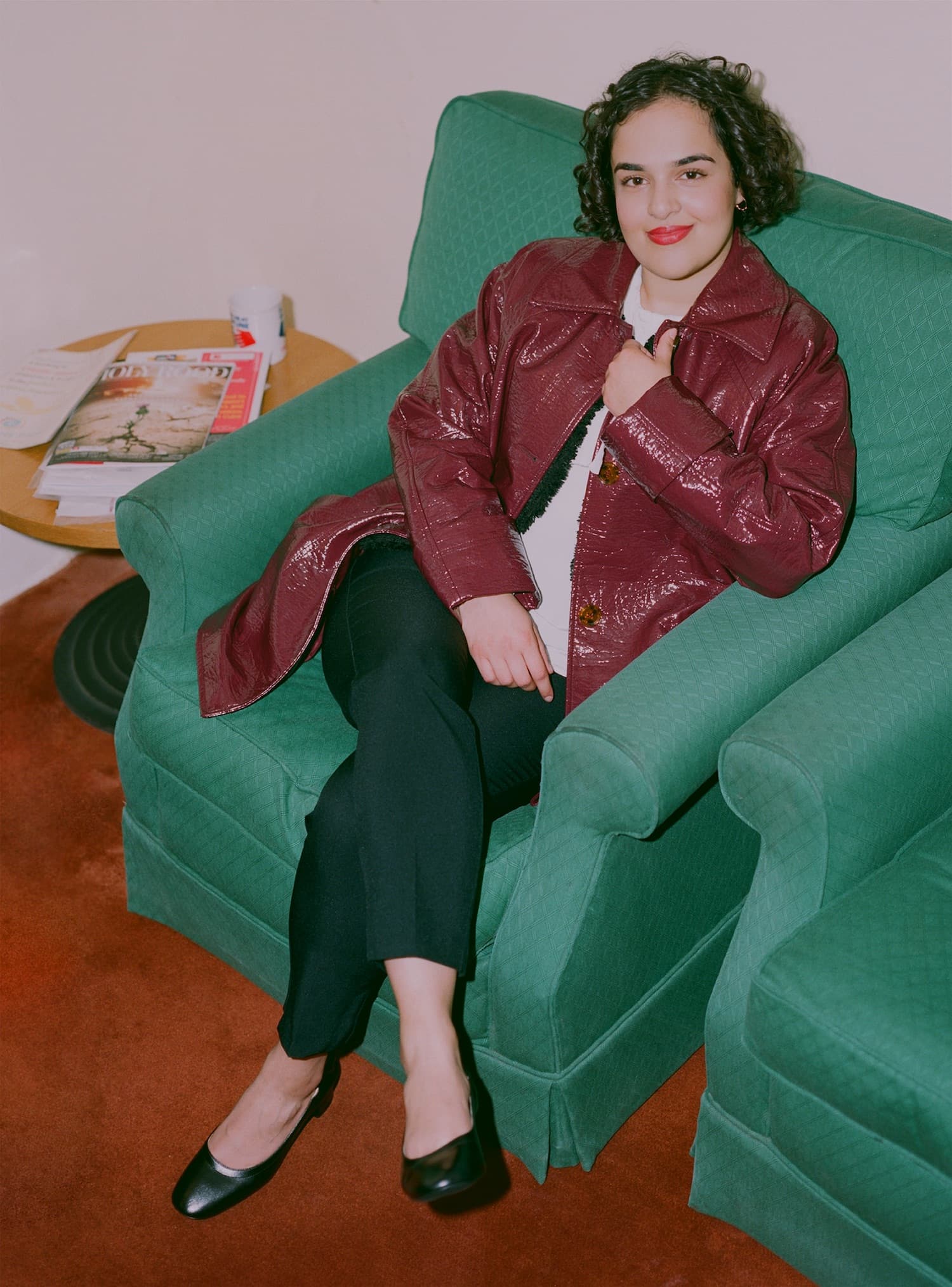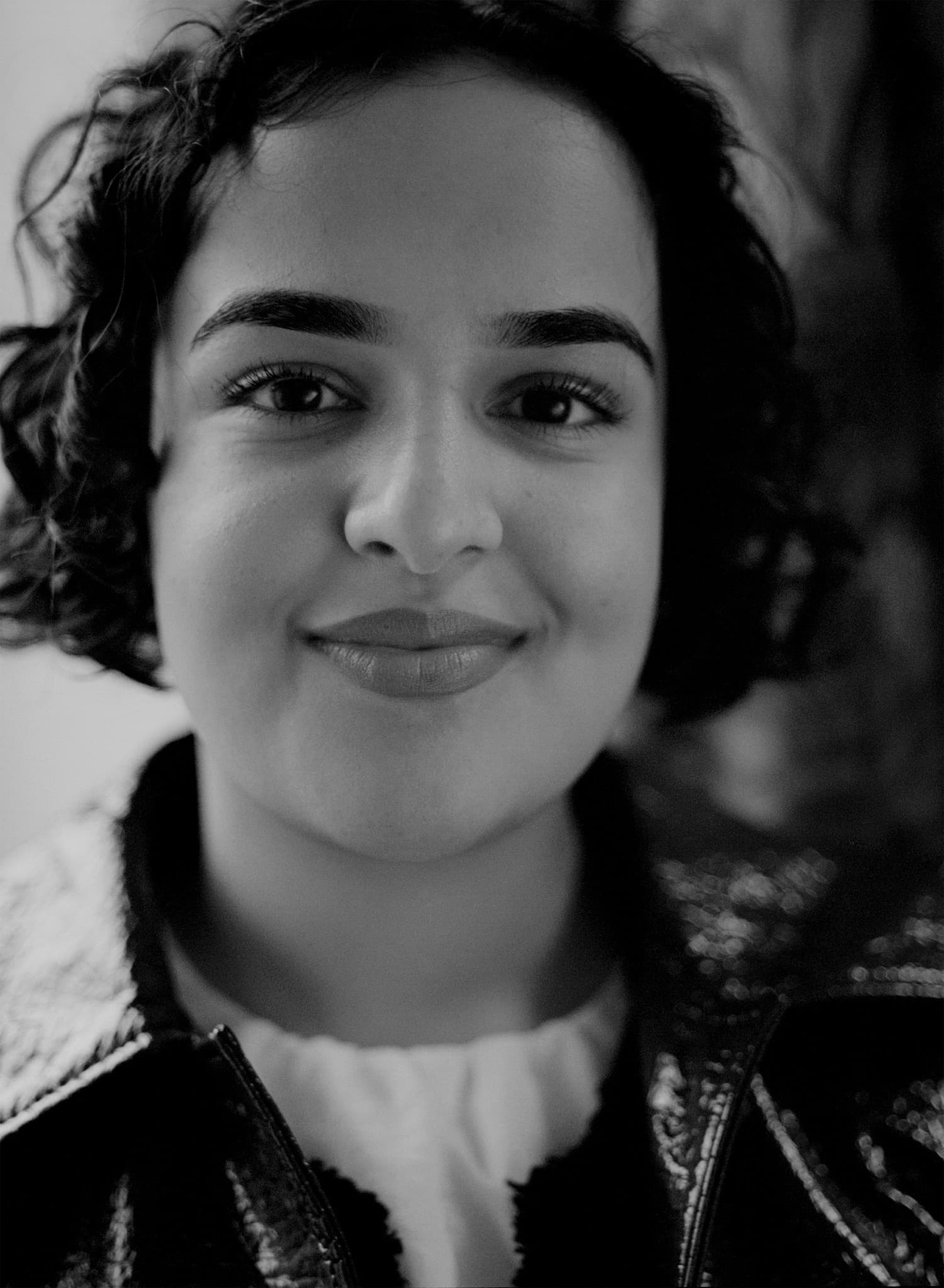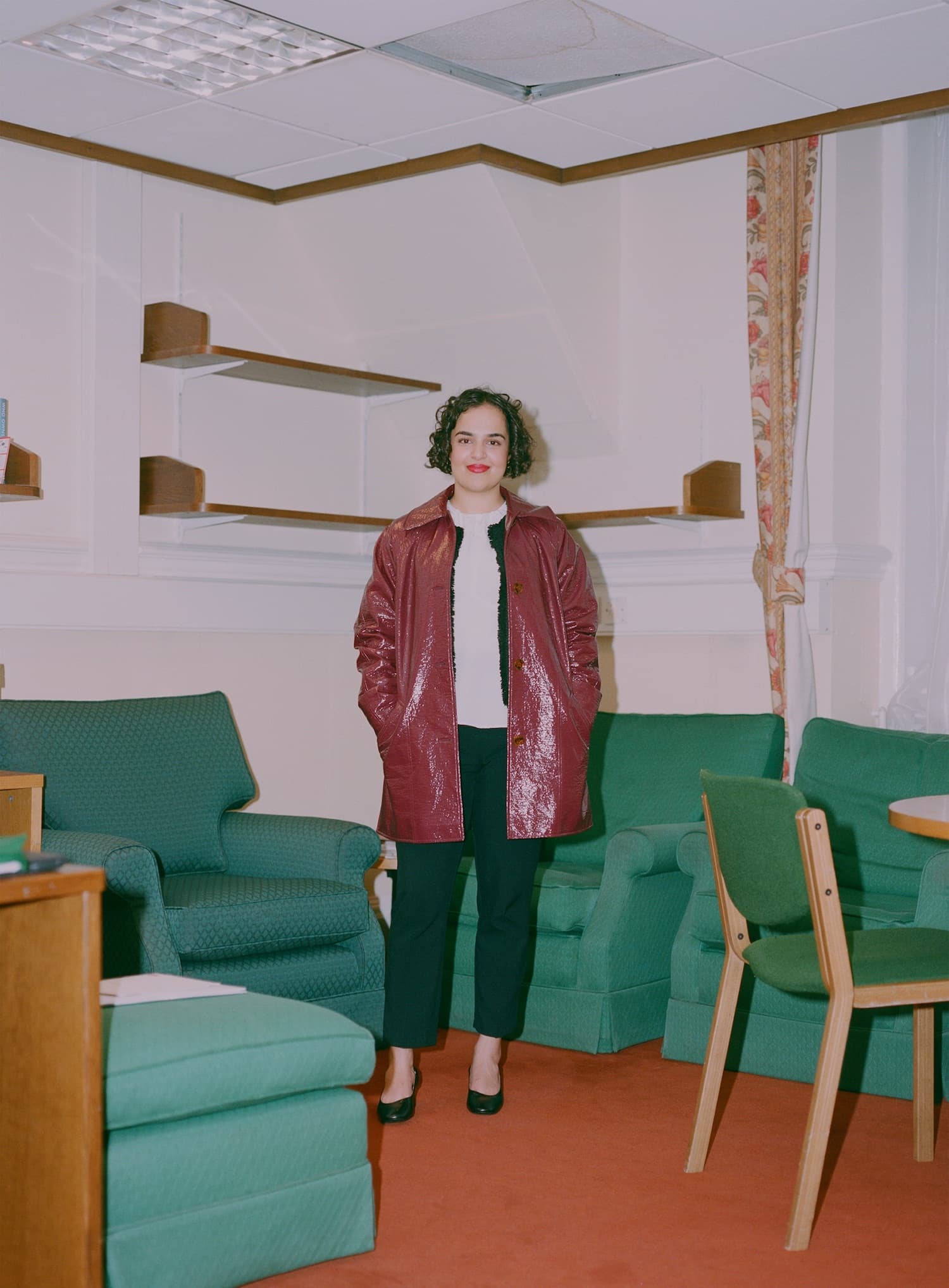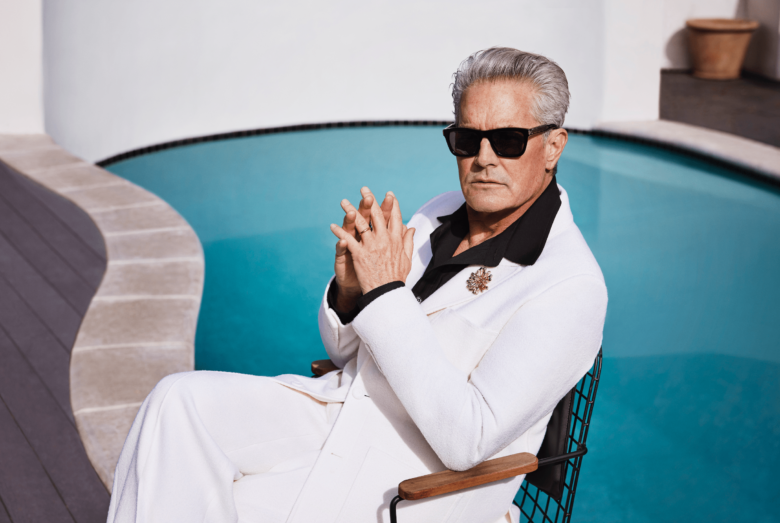The UNfluencers: Nadia Whittome
Nadia Whittome, Labour MP for Nottingham East, welcomes us into her new parliamentary office at the Palace of Westminster. It’s damp and decrepit, with beaten- up furniture and mousetraps in every corner of the room – Nadia stops midway through our interview after suspecting she’s seen a furry friend dart across the room. I joke that the space is perhaps a metaphor for the state of Britain right now. She laughs awkwardly before falling into an armchair, sending dust billowing into the air.
It’s a new environment for Nadia, who, at just 23, found herself the Baby of the House after the general election last December. As well as being the youngest MP to be selected this term, she also made headlines after vowing to donate a chunk of her salary to charity.

“We’re the Labour party. We’re in parliament to represent the interests of working-class people. That’s why I’m taking a worker’s wage, a wage that doesn’t separate me massively from the people that I’m elected to represent,” says Nadia. “I think that has already cut through some of the cynicism people feel about party politics. It’s a very clear message about whose interests I am here to serve.”
Nadia has always been politically driven. Prior to being elected she was a hate crime worker in her hometown: “As a city, Nottingham is leading the way on hate crime. We’re actually the rst city to recognise misogyny as a hate crime. The organisation I worked for carried out work [to stem] far-right radicalisation, and [gave] bystander-intervention training, because regarding the rise of the far right in particular, we saw the second-biggest rise in hate crime in the country after Brexit.”

One key weapon that Nadia has in her arsenal is her youth. She understands the younger generation on a deeper level than her peers, and so recognises the struggles that young people are facing. Studies by the British Medical Journal have found that political events can take a serious toll on mental health, and that a lot of adolescents have experienced depression and anxiety triggered by Brexit. I ask Nadia if she has any advice for people who feel their future is in jeopardy.
“You have to keep doing what you’re doing, because young people everywhere whose names aren’t in the media and who don’t have the platform that I have are doing brilliant work. Keep at it. Because it’s making a difference and it’s putting pressure on people. It might take a few years, but we will get there, because we have to. We’ve got a planet that’s burning, we’ve got a crisis in poverty and democracy and inequality that can’t be allowed to continue.”

Looking ahead at her political career, she has a checklist of issues she’s keen to tackle. She’s set her sights on making a positive impact, especially on the lives of people within her age demographic. “I feel a real mixture of excitement and fear. I’m scared about the future. I’m scared about people not having jobs, roofs over their heads, our generation spending two-thirds of our wages on rent, about not having a planet left to live on. But as I said before, there’s no choice but for us to win this battle,” she says with an air of determination. “I’m excited about building a genuinely radical new green deal that will see similar levels of investment to the post-war settlement, and the decarbonising our economy by 2030. How do we, out of government, have a climate movement that is effecting change? I’m excited to see people who are very politicised in different ways, not necessarily in conventional ways, who are 13, 14, 15 now… I’m looking forward to them becoming a greater part of the debate. It’s time to give the youth a voice.”

